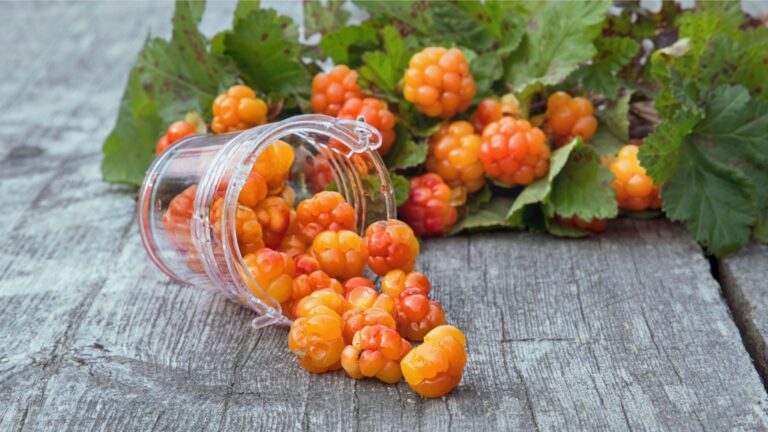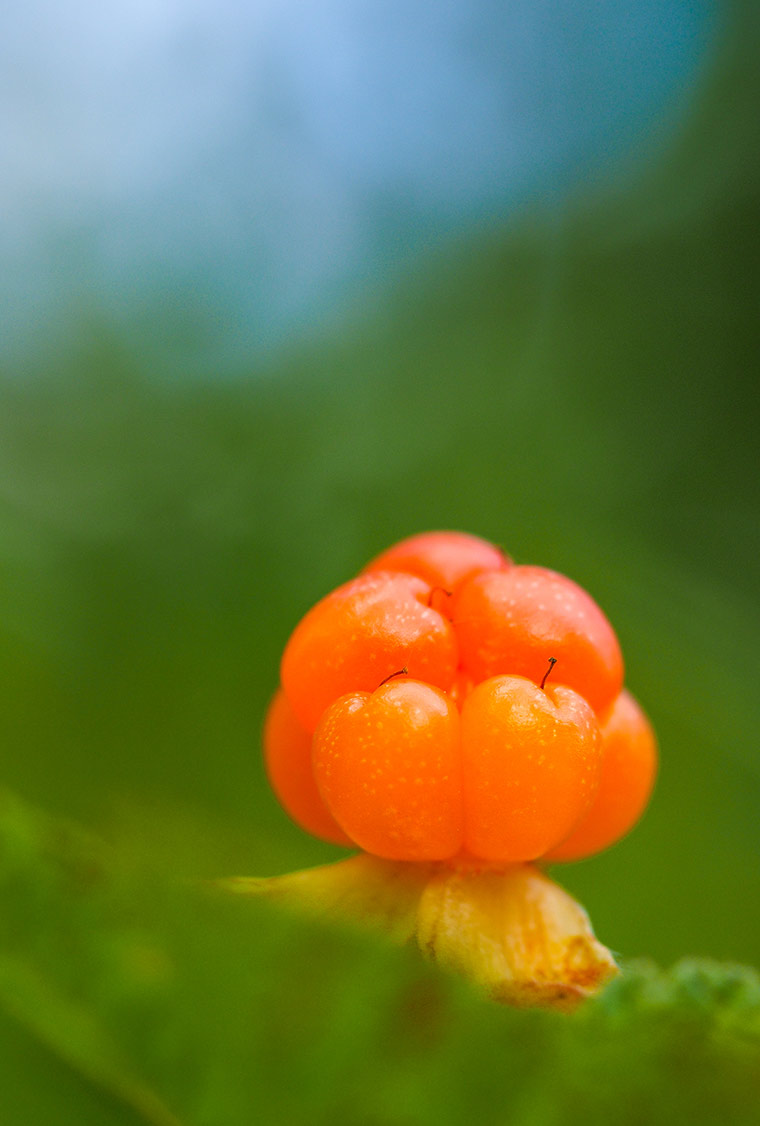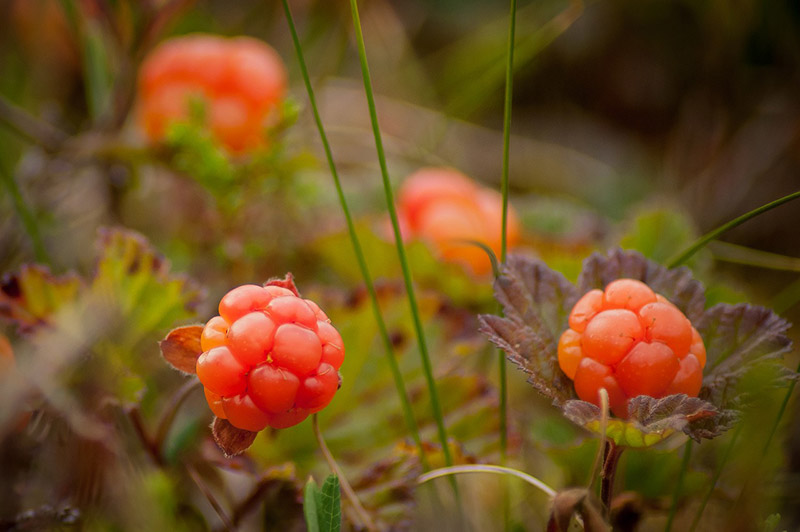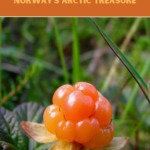Discover the culinary treasure of Northern Norway: the cloudberry, sought-after due to its relative scarcity, short growing season, and unique flavour profile.
Despite its reputation in some quarters, Norway has so much to offer in culinary terms. From wild-caught salmon and reindeer stews to cardamom and cinnamon pastries, Norway can do food!

One of the more intriguing local foods is known as the multe. In English, it’s called the cloudberry. Dubbed “Arctic Gold” for its rarity and prized status, this fruit encapsulates the essence of Norwegian wilderness and culinary tradition.
When I first moved to Norway, I quickly came across the cloudberry. I loved the look although the taste was a little sharp for me. Months later, I came across desserts and liqueur made of cloudberries, and fell in love.
Let's delve into the world of cloudberries, exploring their nature, flavour, habitat, and cultural significance in Norway.
What are Cloudberries?
Cloudberries (Rubus chamaemorus) are unique to the Nordic region, thriving in Norway's alpine tundra and boreal forests. These golden berries are akin to a rare gem in the culinary world, celebrated for their distinctive flavour and nutritional value.
Resembling a golden raspberry, the cloudberry boasts a sharp taste when raw, which transforms into a savoury, almost spicy, flavor upon cooking.

This rare fruit is not only a delight to the palate but also a powerhouse of vitamin C and antioxidants, outshining an orange in nutrient content.
A Taste of the Arctic
The flavour profile of cloudberries is a fascinating blend of sharpness and richness. When eaten fresh, they offer a taste reminiscent of a mix between redcurrants and raspberries, with ripeness introducing a creamier texture and taste.
Cooked cloudberries reveal a savory depth, making them a versatile ingredient in both sweet and savoury dishes.
In Norway, these berries find their way into jams, desserts, and even unique alcoholic beverages, reflecting the country's innovative culinary spirit.
Harversting Norway’s ‘Arctic Gold’
In Norway, the harvesting of cloudberries is an activity shrouded in secrecy and tradition. The fruit's growth in cold, acidic, and nutrient-poor soils at high altitudes makes it a challenge to cultivate.
As a result, wild cloudberries are highly sought after, with locations of fruitful patches often kept secret to protect the yield.

The changing climate poses new challenges and opportunities for cloudberry habitats, highlighting the need for sustainable harvesting practices to preserve this Arctic treasure.
Cloudberries in Norwegian Culture
Cloudberries hold a special place in Norwegian culture, symbolising the richness of the country's natural resources and culinary heritage. The fruit is celebrated in various traditional dishes, prominently featured during festive seasons like Christmas.
One of the most beloved Norwegian desserts is “multekrem” (cloudberry cream), a simple yet luxurious mix of cloudberries, whipped cream, and sugar.
This dessert, often enjoyed with cake or as a standalone treat, epitomizes the Norwegian way of savoring cloudberries in their most splendid form.
Hurtigruten, the coastal ferry service, honours this national treasure with onboard cafés named “Multe,” serving cloudberry flavoured ice cream that's a hit among travellers.
This culinary tradition not only delights the palate but also connects visitors and locals alike to Norway's natural beauty and cultural heritage.
Cloudberries Beyond Norway
While experiencing fresh cloudberries in their native land offers an unparalleled taste adventure, the fruit's preserved forms—such as jams, liquors, and frozen berries—have found their way into international markets.
This global presence allows people around the world to sample a piece of Norway's culinary excellence, bridging cultures through the universal language of food.
Personally, I can recommend the Finnish cloudberry liqueur. It goes great on ice or even poured over ice-cream. Give it a try! You’re welcome…
Have you ever tried cloudberries? I'd love to hear your thoughts down in the comments.



I knew about lingonberries but did not know about cloud berries!
Me too Arlene, I just learned about them. I really want to import some to America. Do you know how I would do that?
I just bought some seeds on ebay
Love cloudberries. Eat it mixed with cottage cheese. And of course on toast. Buy it here at a great little Scandinavian shop in Sarasota. Yummy!
They are all over the circumpolar north region. Here in Alaska, they grow wild and the are very expensive! For example,we pay a $100.00 a gallon. They are considered a delicacy and widely sought.
In Newfoundland they go for 50 – 60$ per gallon.
in the Maritimes, I’m from Cape Breton N.S. we call them *bake apples*!
Oh, I’m surprised to hear they grow in Cape Breton. Here on the Lower North Shore of Quebec they are very plentiful! They sell for 10.00 a pound
Could we get the Cloudberry cake recipe link in English?
David, I continue to enjoy your posts. Thank you.
Cloudberry-jam can be bought at IKEA.
the IKEA version is a bit generic and too sweet – but it seems to be all we can get in Australia